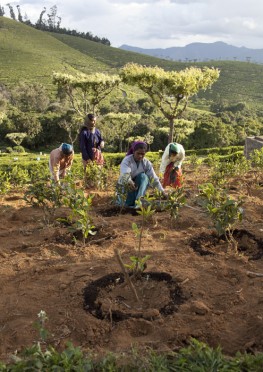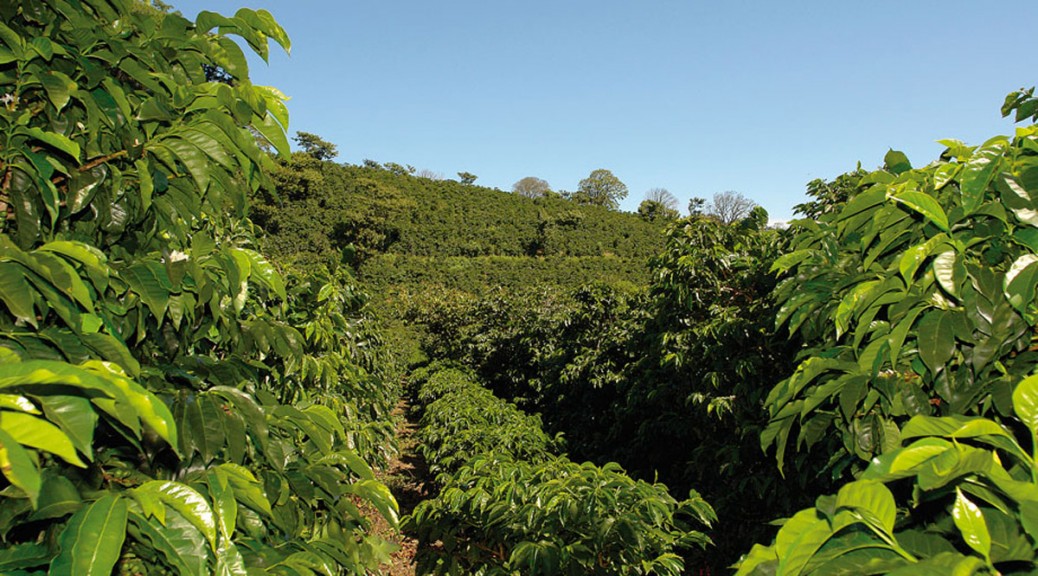Amsterdam, January 21, 2014.
 UTZ certified cocoa, coffee and tea farms generate higher yields and betterquality crops than conventional farms, and being trained in the UTZ Code of Conduct helps farmers toimprove their knowledge and adopt sustainable farming practices. As a result, farmers can generate moreincome and create better opportunities while safeguarding the environment. These are the main findingspresented in the UTZ Impact Report launched today.
UTZ certified cocoa, coffee and tea farms generate higher yields and betterquality crops than conventional farms, and being trained in the UTZ Code of Conduct helps farmers toimprove their knowledge and adopt sustainable farming practices. As a result, farmers can generate moreincome and create better opportunities while safeguarding the environment. These are the main findingspresented in the UTZ Impact Report launched today.
The UTZ Impact Report is based on 24 independent research studies conducted in South America, Africa andAsia. Researchers looked at the impact of the UTZ Certified program, and in some cases they also analyzedother certification schemes in farming practices.
Key findings include that training and certification processes contribute to better relationships betweenfarmers and their cooperatives; that access to sanitation facilities and clean drinking water has been improved;and that children from UTZ certified farms are more likely to attend school. There is also a positive impact forthe environment with UTZ certified farmers taking more steps to protect water quality, reduce soil and waterpollution and preserve biodiversity.
“For us, it is of fundamental importance to measure the impact of our program,” said Han de Groot, executivedirector of UTZ Certified. “We are proud of the outcome of this report. It shows that UTZ is making a differencefor more than half a million farmers and their families worldwide,” he concluded.
The studies indicate that implementing good agricultural practices on UTZ certified farms results on averagein higher yields and better quality crops. For example, in Colombia UTZ certified farmers were able tomaintain higher levels of production despite adverse weather conditions which led to a decline in productionlevels among conventional farmers. The gap in terms of production between UTZ certified farmers and thecontrol group increased from 52% in the first year to 169% by the fourth year.
According to the research, there are also a number of challenges that UTZ Certified should address to furtherimprove the positive impact of its work. In particular, illiteracy and the lack of access to finance are two issuesthat for some farmers still make it difficult to invest in sustainable farming measures and fully benefit fromUTZ certification.
